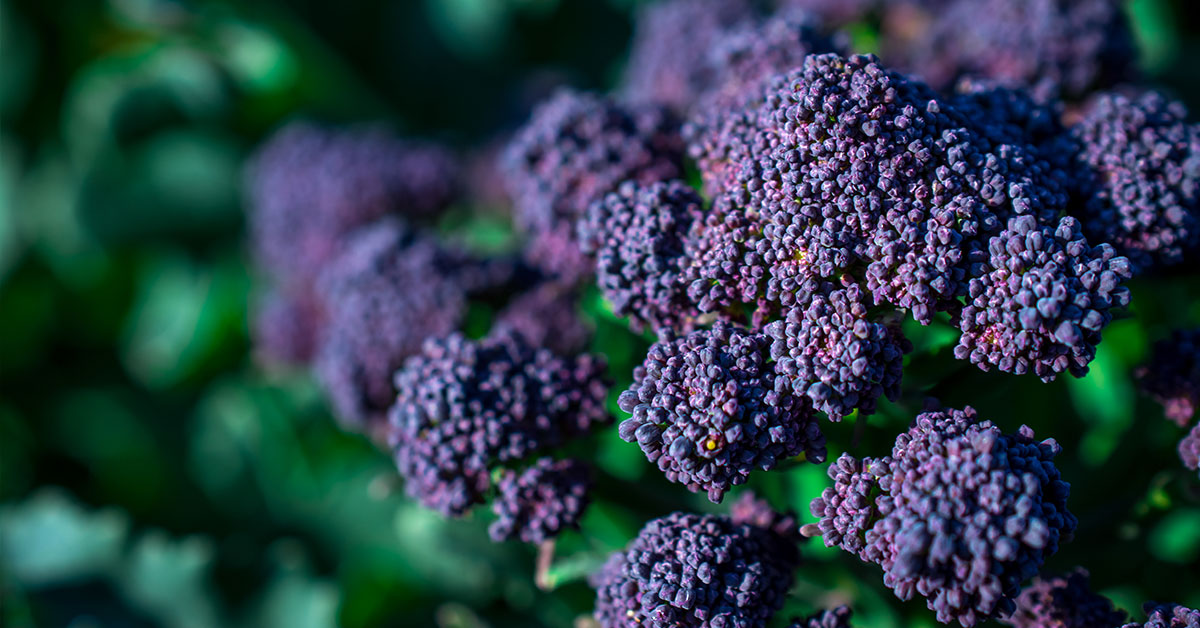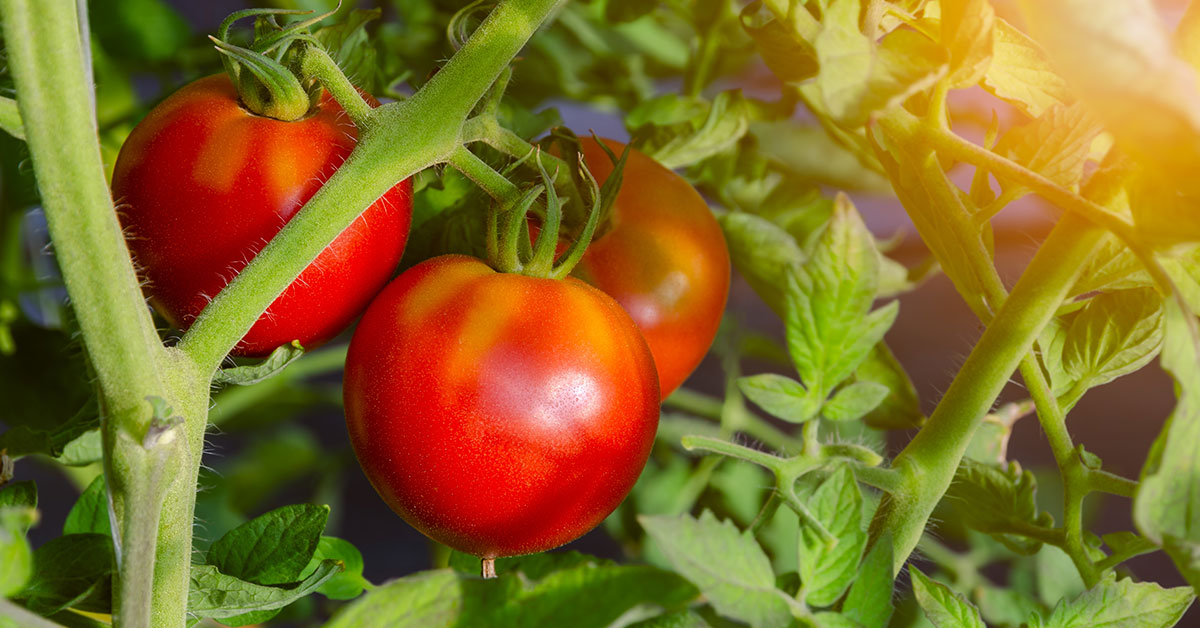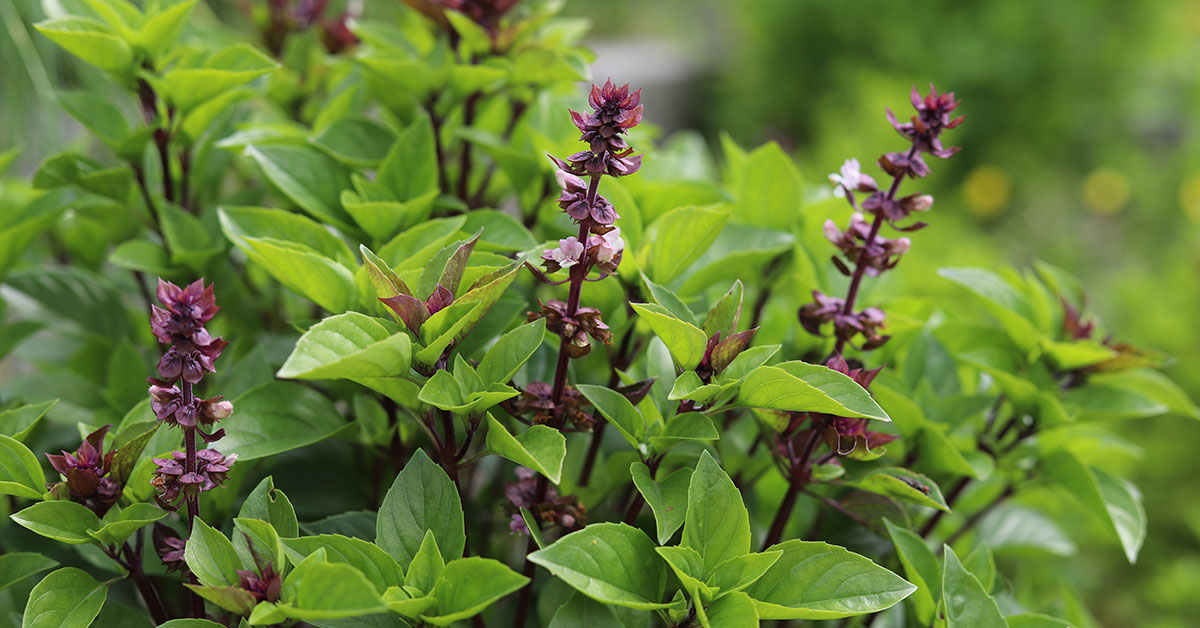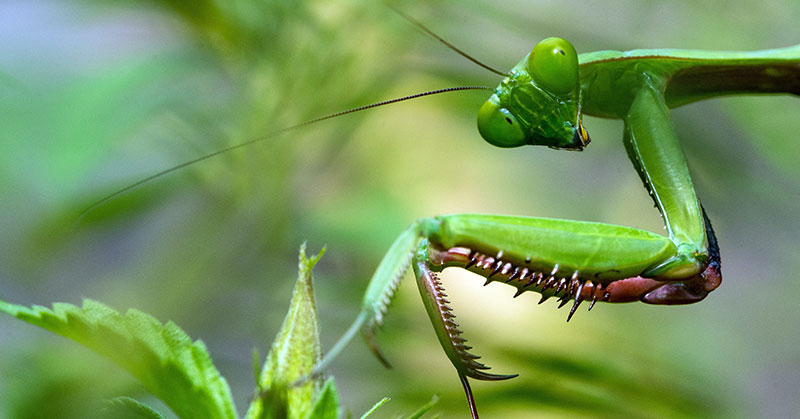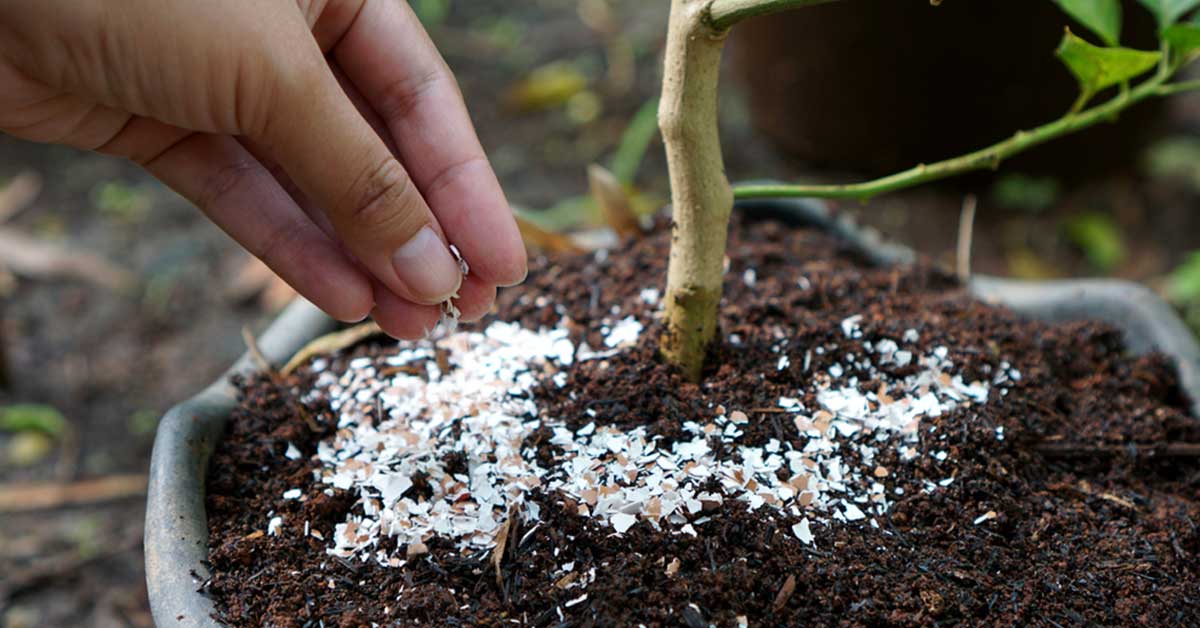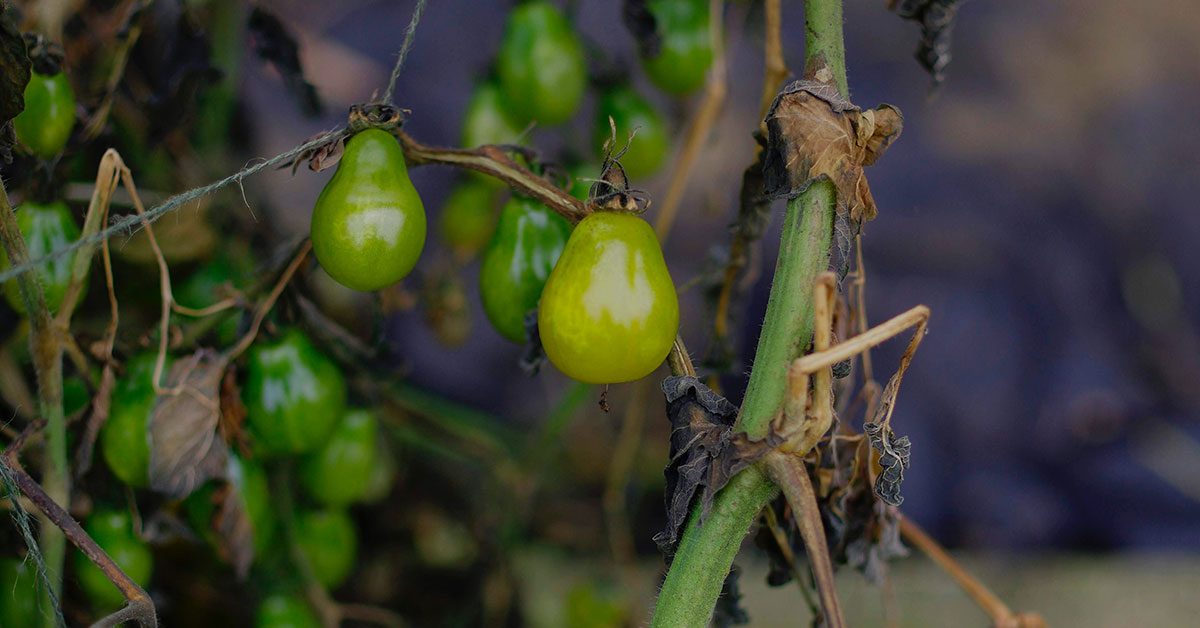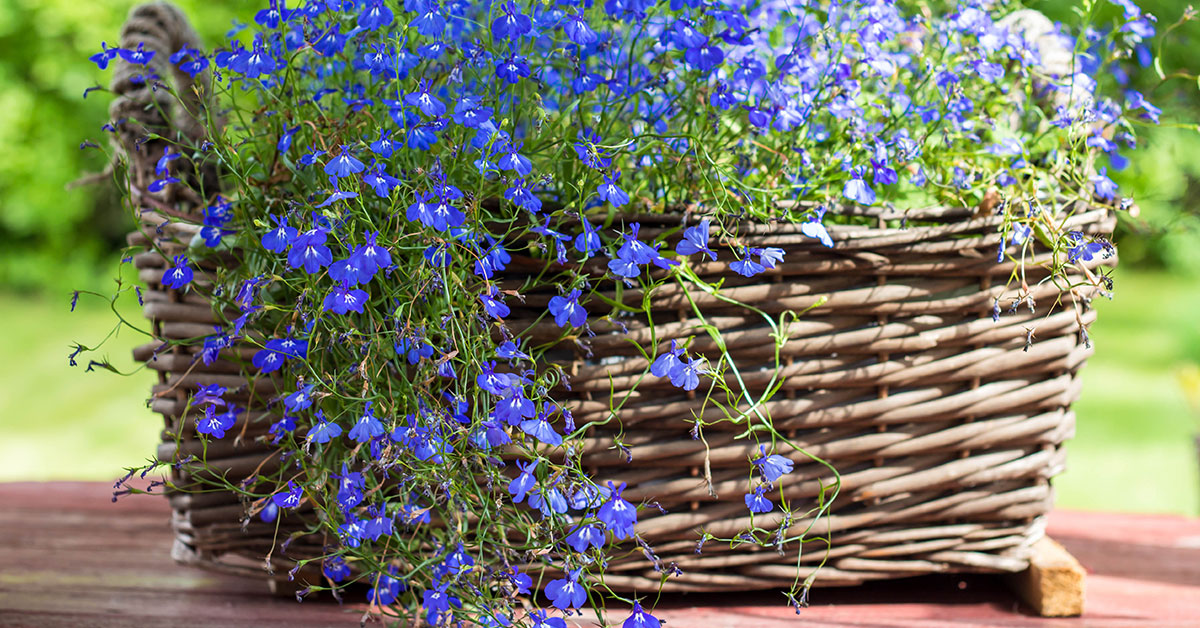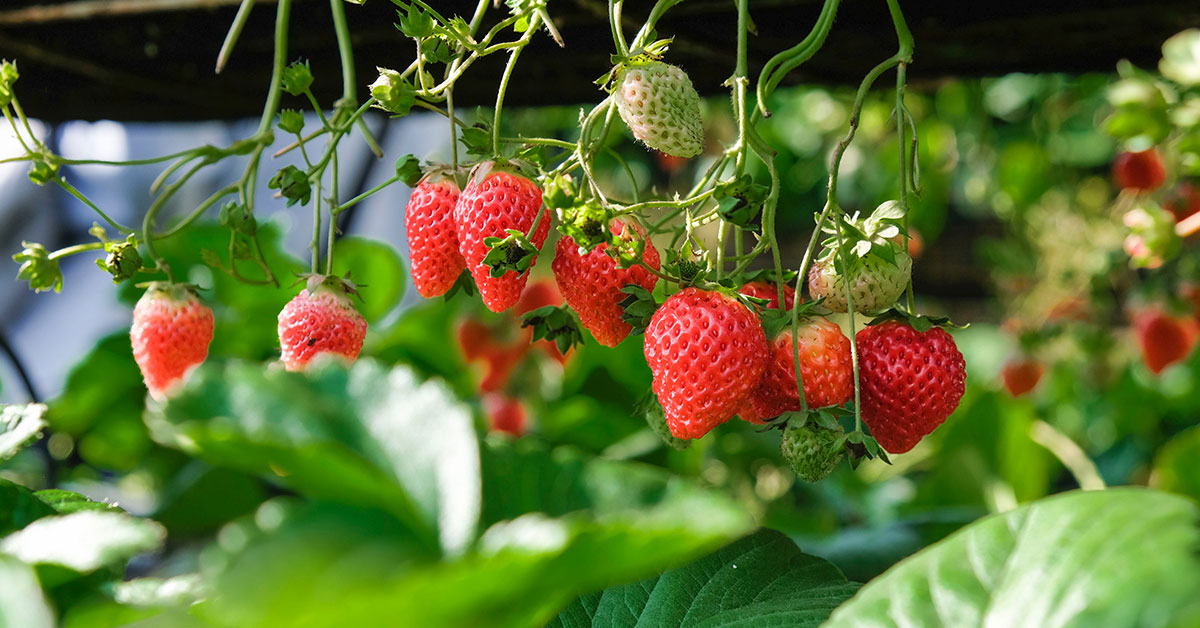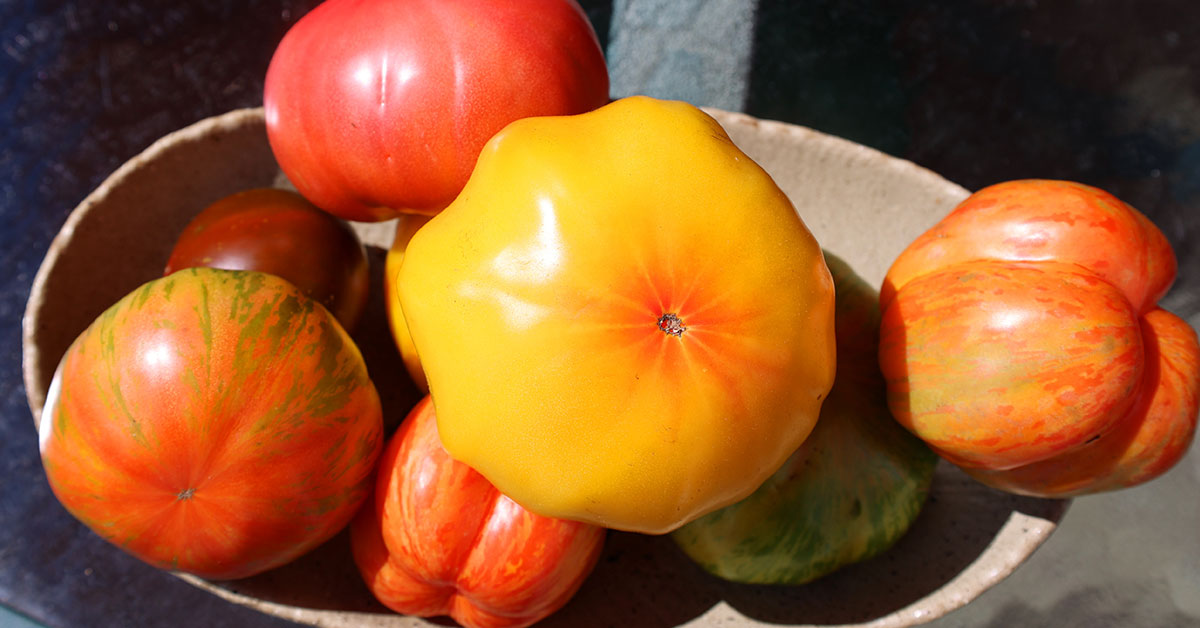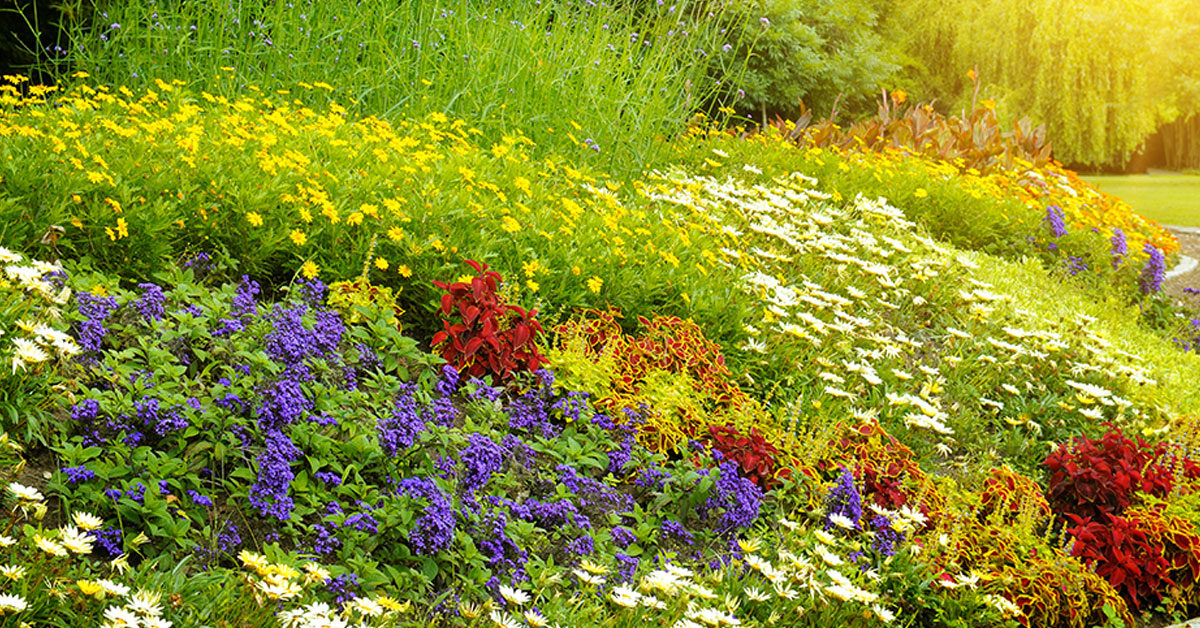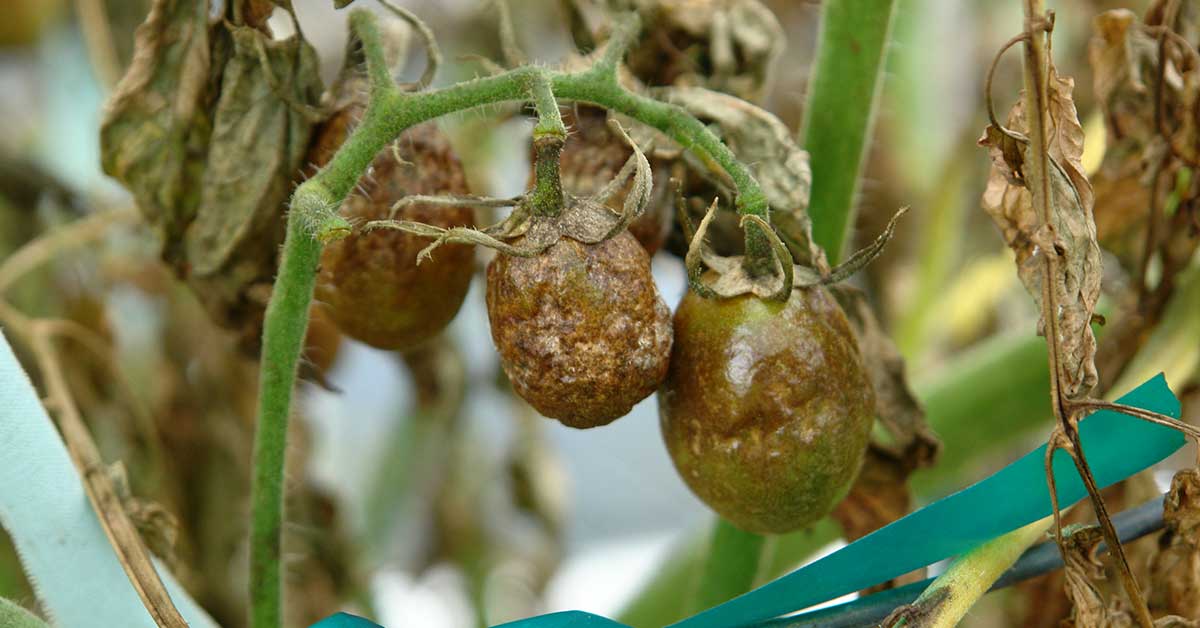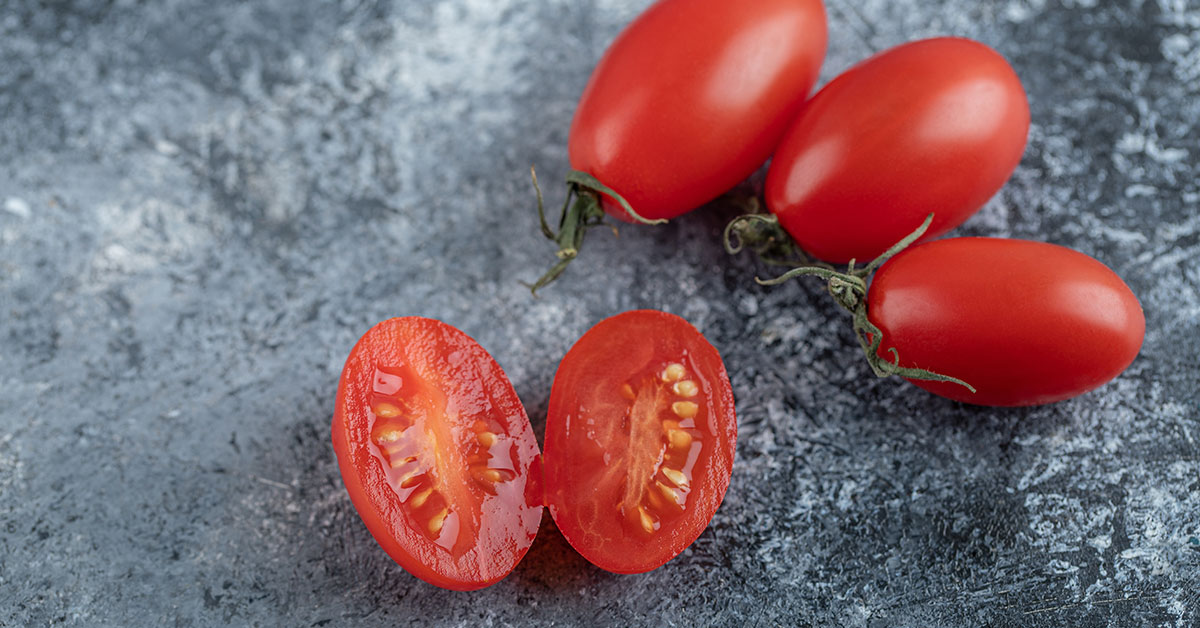Growing your own vegetables is a rewarding experience that not only provides fresh produce but also supports a healthier lifestyle. Many vegetables have anti-inflammatory properties that can help reduce inflammation in the body, potentially benefiting those with chronic conditions or anyone looking to boost their overall health. Imagine stepping into your garden and harvesting fresh, nutritious vegetables that may help fight inflammation!
In this article, I’m excited to share eleven anti-inflammatory vegetables that you can grow in your garden this year. These vegetables are not only easy to cultivate but also packed with nutrients and compounds that may help reduce inflammation. Let’s dive into these wonderful veggies and discover how you can nurture them in your garden for their potential health benefits!
Kale
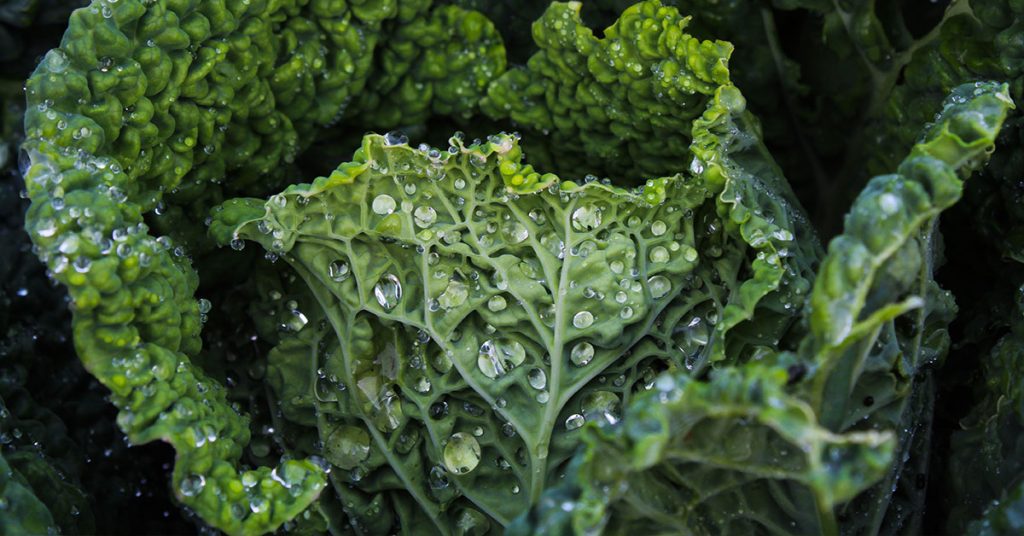
Kale is one of my favorite leafy greens to grow! It thrives in well-drained soil and full sun to partial shade. Kale is quite hardy and can tolerate cooler temperatures, making it suitable for both spring and fall planting. Regular watering and good soil fertility will help ensure a bountiful harvest.
Kale is rich in antioxidants, including quercetin and kaempferol, which may have anti-inflammatory effects. Studies suggest that these compounds can help reduce inflammation and oxidative stress in the body. Kale’s high vitamin K content also supports overall health. Adding kale to your garden provides you with a versatile and nutritious vegetable that’s great for salads, smoothies, and more!
Spinach
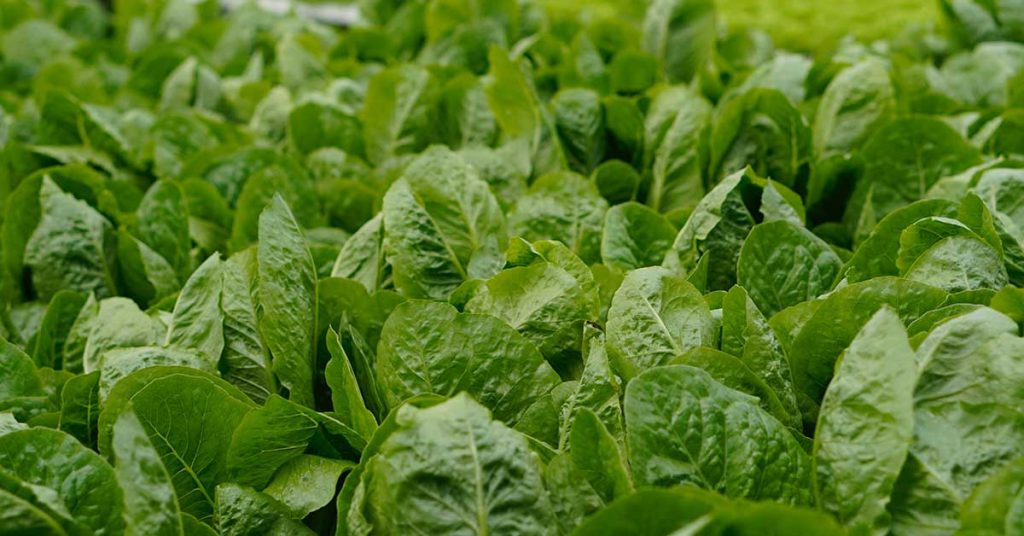
Spinach is a fast-growing leafy green that’s easy to cultivate. It prefers well-drained soil and partial to full sun. Spinach can be planted in early spring or fall, as it thrives in cooler temperatures. Regular watering and harvesting the outer leaves will encourage continuous growth.
Spinach is packed with anti-inflammatory compounds like flavonoids and carotenoids. Research indicates that these antioxidants may help reduce inflammation and protect against chronic diseases. Spinach is also high in vitamins A and C, which support immune health. Growing spinach in your garden ensures a fresh supply of this nutrient-dense vegetable for your meals!
Broccoli
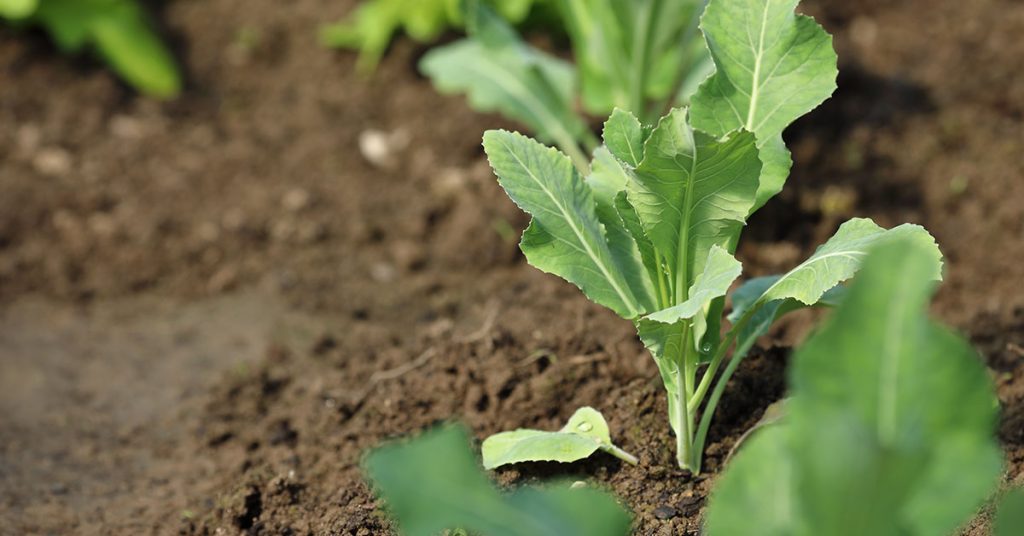
Broccoli is a nutrient-rich vegetable that grows best in cool weather. Plant it in well-drained soil with plenty of organic matter, and place it in a sunny spot. Broccoli needs regular watering and benefits from consistent moisture, especially during the growing season. Harvest the heads before the flowers open for the best flavor and texture.
Broccoli contains sulforaphane, a compound that may have powerful anti-inflammatory and antioxidant properties. Studies suggest that sulforaphane can help reduce inflammation and support detoxification processes in the body. Broccoli is also high in vitamins C and K, making it a valuable addition to your garden. Enjoy it raw, steamed, or roasted!
Sweet Potatoes
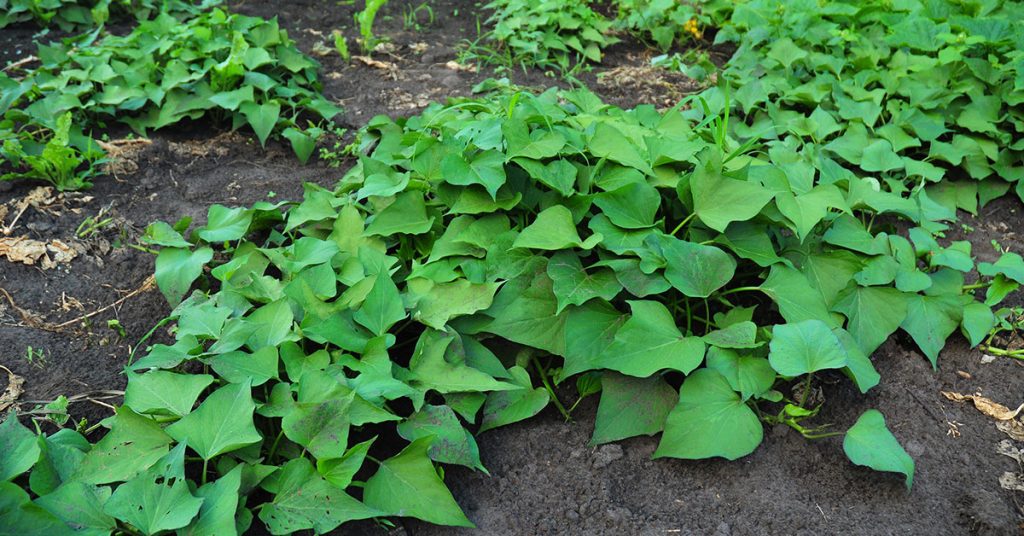
Sweet potatoes are easy to grow and thrive in well-drained, sandy soil with full sun. They are planted from slips (young shoots) in the spring after the danger of frost has passed. Sweet potatoes need regular watering, especially during the initial growth period, and they benefit from warm temperatures.
Sweet potatoes are rich in beta-carotene, an antioxidant that the body converts to vitamin A. Beta-carotene has anti-inflammatory properties and may help reduce oxidative stress. Sweet potatoes also contain anthocyanins, which are compounds that can help fight inflammation. Adding sweet potatoes to your garden gives you a delicious and nutritious root vegetable to enjoy in various dishes!
Carrots
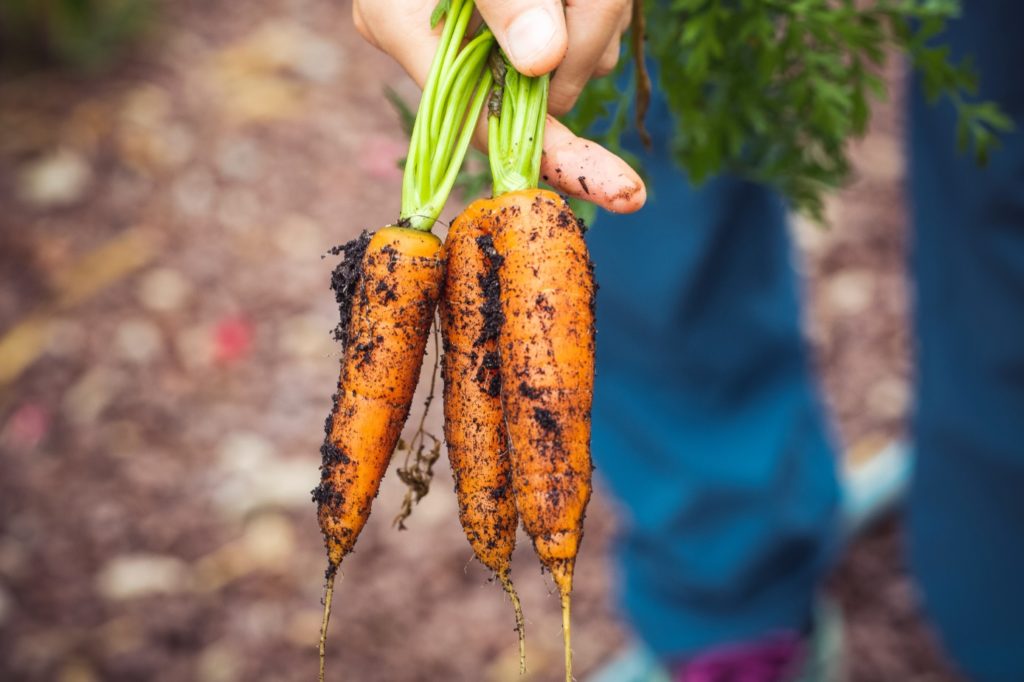
Carrots are a versatile root vegetable that grow well in loose, well-drained soil with plenty of organic matter. They prefer full sun and need consistent moisture for optimal growth. Plant carrot seeds in early spring or late summer for a fall harvest. Thinning the seedlings helps ensure healthy, robust roots.
Carrots are high in beta-carotene, which has anti-inflammatory and antioxidant effects. Studies suggest that beta-carotene can help reduce inflammation and support eye health. Carrots are also a good source of fiber, which supports digestive health. Growing carrots in your garden provides a crunchy and sweet addition to salads, soups, and snacks!
Bell Peppers
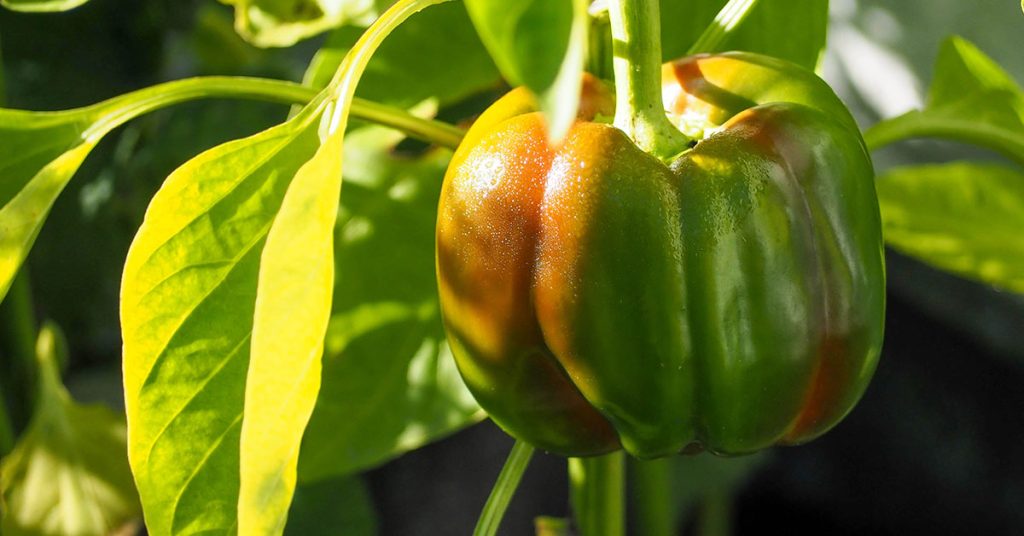
Bell peppers are vibrant and nutritious vegetables that thrive in warm weather. Plant them in well-drained soil with full sun and provide regular watering. Bell peppers benefit from consistent moisture and good air circulation to prevent diseases. Harvest them when they reach their full color for the best flavor and nutritional value.
Bell peppers are rich in vitamins C and A, both of which have anti-inflammatory properties. Vitamin C is a powerful antioxidant that helps reduce inflammation and boost the immune system. Bell peppers also contain quercetin, a flavonoid that may help reduce inflammation and allergy symptoms. Growing bell peppers in your garden adds a colorful and nutritious vegetable to your meals!
Beets
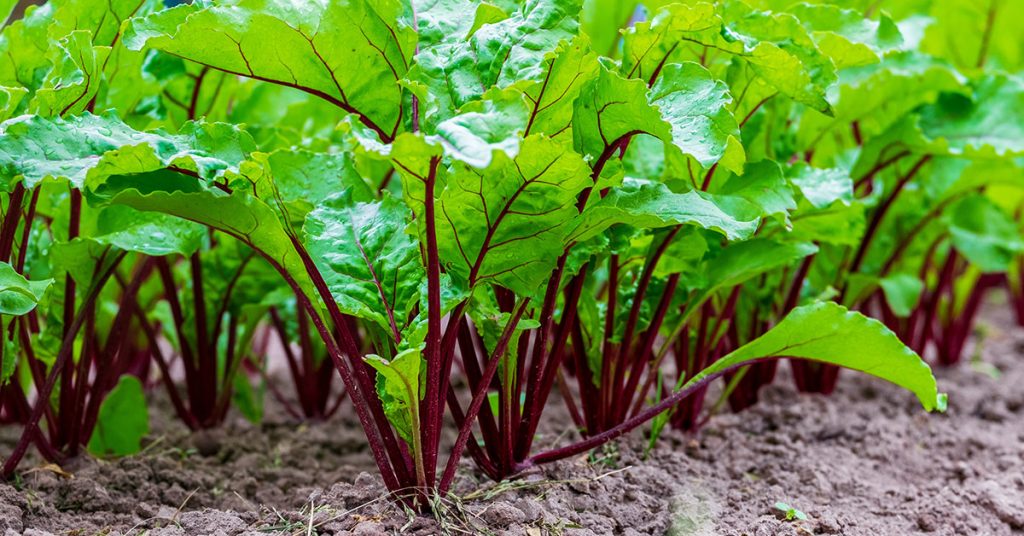
Beets are a hardy root vegetable that grow well in well-drained soil with full sun to partial shade. Plant beet seeds in early spring or late summer for a fall harvest. Beets need regular watering to ensure tender roots, and thinning the seedlings helps promote healthy growth.
Beets are rich in betalains, compounds that have anti-inflammatory and antioxidant properties. Research indicates that betalains can help reduce inflammation and support liver health. Beets are also high in nitrates, which can improve blood flow and cardiovascular health. Adding beets to your garden gives you a versatile vegetable that’s delicious roasted, pickled, or added to salads!
Tomatoes
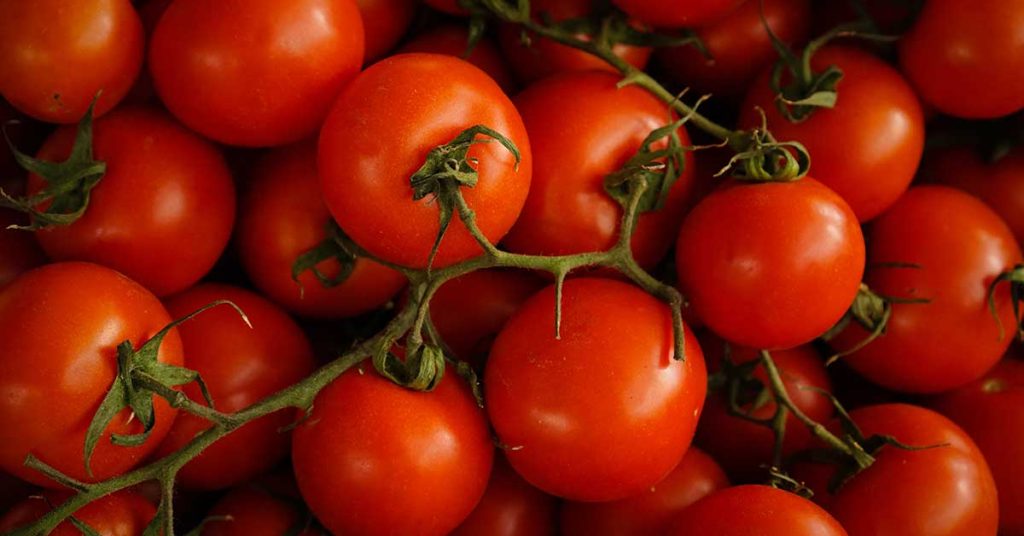
Tomatoes are a popular and versatile vegetable that thrive in well-drained soil and full sun. Plant tomato seedlings in the spring after the last frost and provide regular watering and support for their vines. Tomatoes benefit from consistent moisture and a steady supply of nutrients for the best yield.
Tomatoes contain lycopene, a powerful antioxidant with anti-inflammatory properties. Studies suggest that lycopene can help reduce inflammation and protect against certain chronic diseases. Tomatoes are also a good source of vitamins C and K. Growing tomatoes in your garden ensures a fresh supply of this flavorful and healthful vegetable for your salads, sauces, and more!
Cauliflower
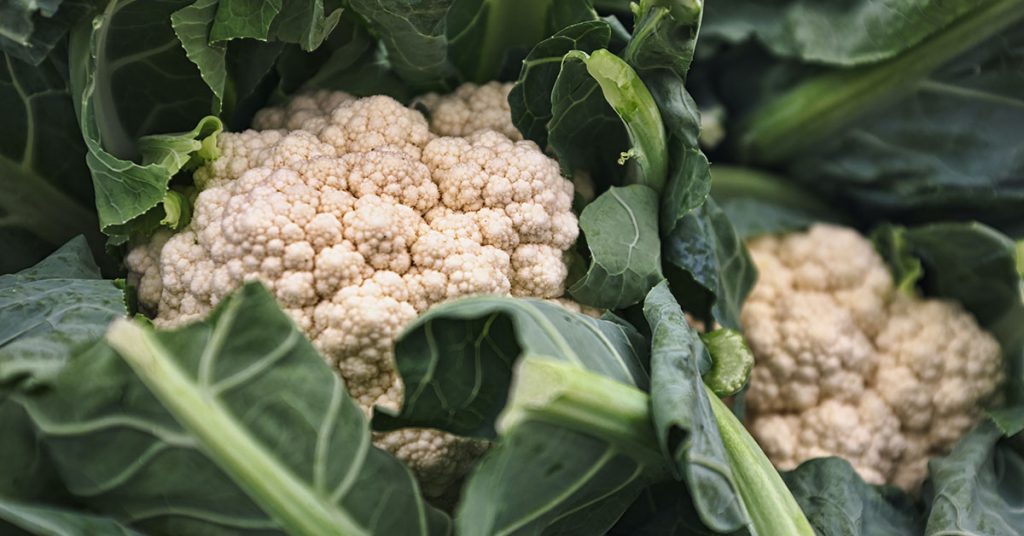
Cauliflower is a cool-season vegetable that grows best in well-drained soil with plenty of organic matter. It prefers full sun and needs regular watering to keep the soil consistently moist. Plant cauliflower seeds or transplants in early spring or late summer for a fall harvest. Harvest the heads when they are compact and firm.
Cauliflower contains sulforaphane, a compound that may have anti-inflammatory and antioxidant properties. Research suggests that sulforaphane can help reduce inflammation and support detoxification processes in the body. Cauliflower is also high in fiber and vitamins C and K. Growing cauliflower in your garden provides a versatile vegetable that can be roasted, steamed, or added to various dishes!
Swiss Chard
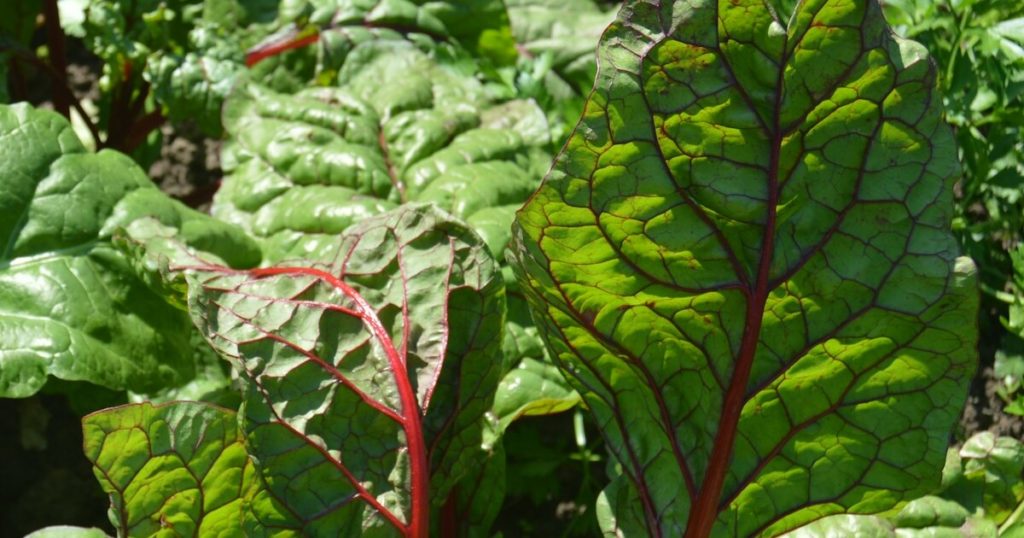
Swiss chard is a leafy green that grows well in well-drained soil with full sun to partial shade. It is quite tolerant of both heat and cool weather, making it suitable for a long growing season. Regular watering and harvesting the outer leaves will encourage continuous growth.
Swiss chard is rich in vitamins A, C, and K, all of which have anti-inflammatory properties. It also contains betalains, which may help reduce inflammation and oxidative stress. Swiss chard’s high nutrient content supports overall health. Adding Swiss chard to your garden provides a colorful and nutritious vegetable for salads, sautés, and soups!
Onions
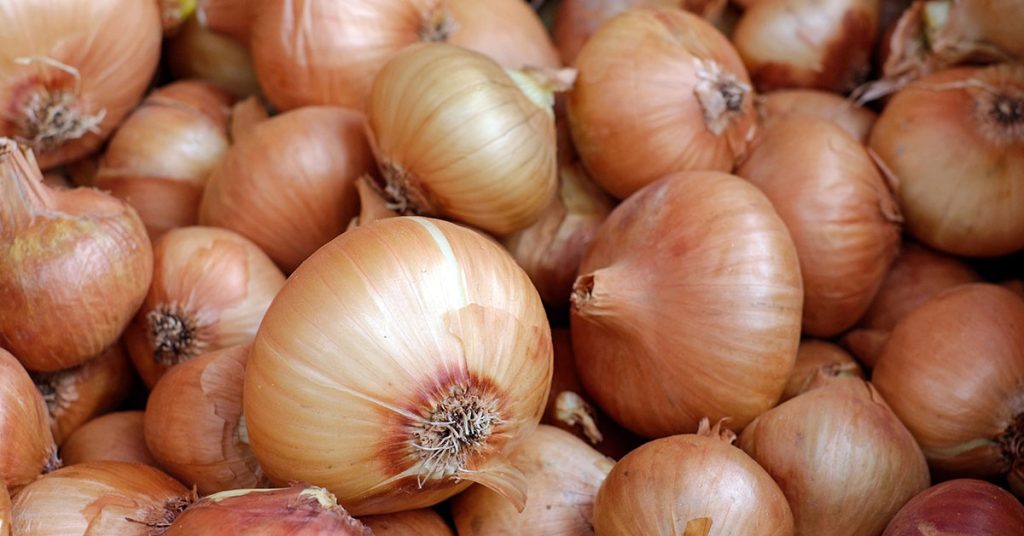
Onions are easy to grow and thrive in well-drained soil with full sun. Plant onion sets or seedlings in early spring or fall, and provide regular watering to keep the soil moist. Onions benefit from consistent moisture and good air circulation to prevent diseases. Harvest them when the tops start to fall over and dry out.
Onions contain quercetin, a flavonoid with anti-inflammatory and antioxidant properties. Studies suggest that quercetin can help reduce inflammation and support cardiovascular health. Onions are also a good source of vitamins C and B6. Growing onions in your garden provides a flavorful and healthful addition to your meals!
Growing these anti-inflammatory vegetables in your garden can provide you with fresh, nutritious produce that may help support your health. Each vegetable brings unique flavors and potential health benefits, making your garden not only a place of beauty but also a source of natural remedies.
